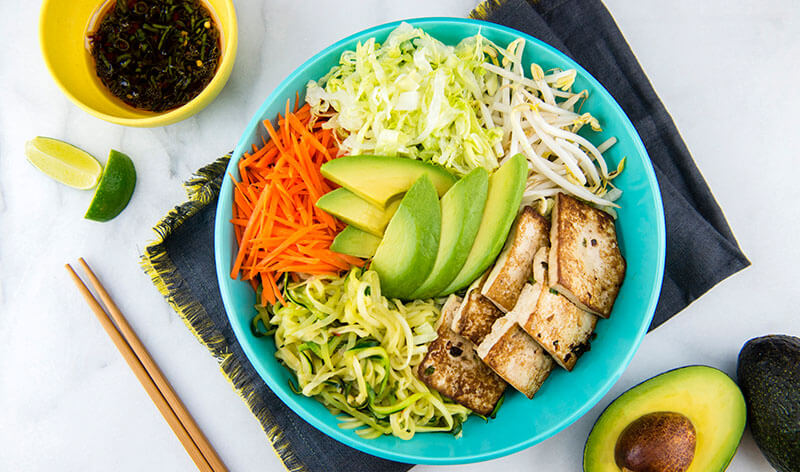What are Plant Sterols?
- Plant sterols, also known as phytosterols, are a group of compounds found in plants.
- Plant sterols block the absorption of dietary cholesterol into your body.
- Certain whole foods, like fruits and vegetables, whole grains, oils, legumes, and nuts, contain plant sterols.
- The most common types of plant sterols are beta-sitosterol, campersterol, and stigmasterol.

Did You Know
Avocados are the richest known fruit source of phytosterols (38 mg beta-sitosterol per 50 g). These compounds lower cholesterol when consumed twice daily as part of a low saturated fat and cholesterol diet.
Plant Sterols, Diet and Lifestyle
Scientific evidence has documented the cholesterol-lowering effects of plant sterols.
Sterols may reduce the risk of heart disease when consumed twice daily as part of a diet low in saturated fat and cholesterol. The sterols help to lower total and LDL (bad) cholesterol levels in the blood.
Here are a few easy ways to include plant sterols in your diet:

Top your toast with healthy plant-based spreads. For a creative twist, try this heart-healthy breakfast toast with cottage cheese and avocado.

Combine with foods containing fiber for a cholesterol-lowering power pair! Prepare this heart-healthy avocado and banana overnight oats for a quick, nutritious, and delicious breakfast.

Boost the benefits with more vegetables. Try this heart-healthy Vietnamese avocado zoodle salad bowl, which is packed with vegetables and a soy-based protein.

Avocados and Plant Sterols
Fresh avocados are the richest known fruit source of plant sterols.
Avocados contain 38 milligrams of plant sterol (beta-sitosterol) per 50 g serving
The Food and Drug Administration (FDA) states you may reduce your risk for heart disease if you consume 1.3 grams or more per day of plant sterol esters as part of a low saturated fat and cholesterol diet.
Managing healthy cholesterol levels starts with understanding your risk factors.
Always consult with a registered dietitian or another health professional to put together a plan that is right for you.
Start Loving Your Heart-Healthy Diet With Avocados
You May Also Like

AVOCADO “HOW-TO”
LEARN HOW TO PICK, STORE, AND PREP FRESH AVOCADOS











